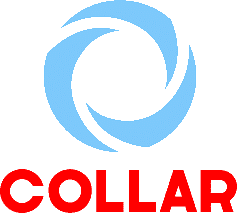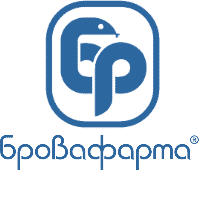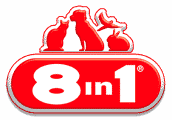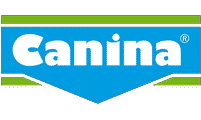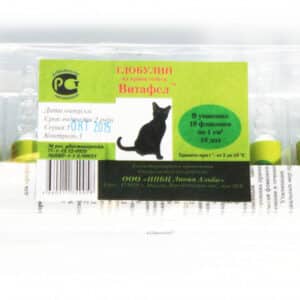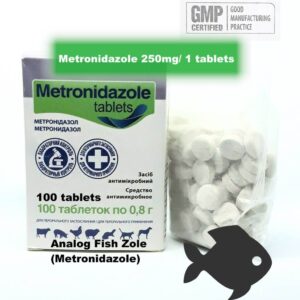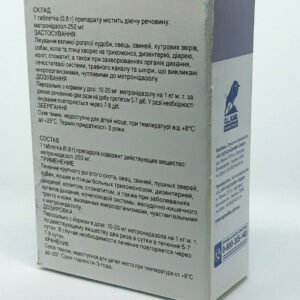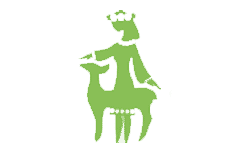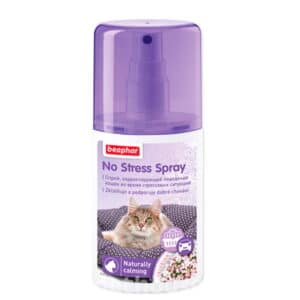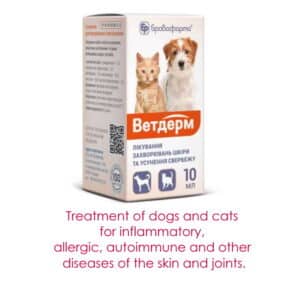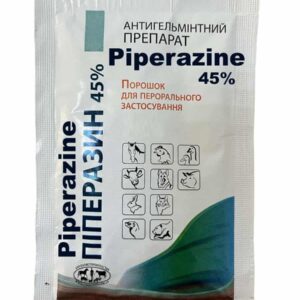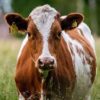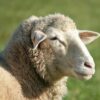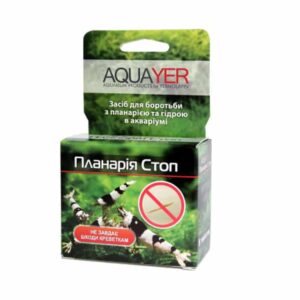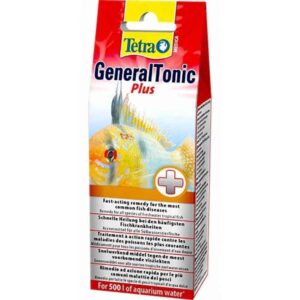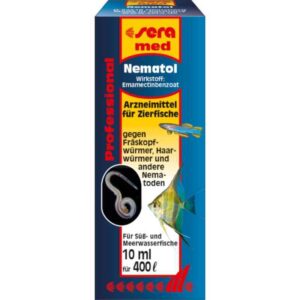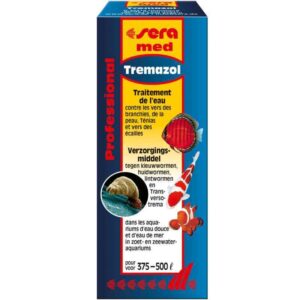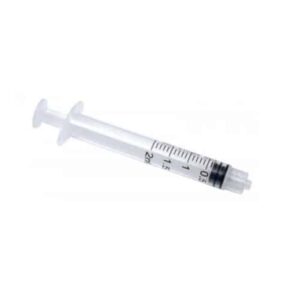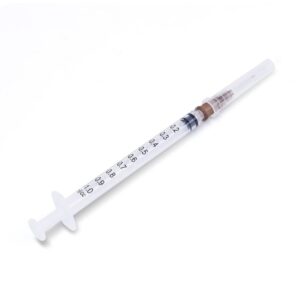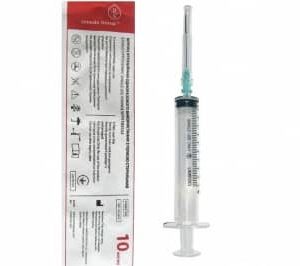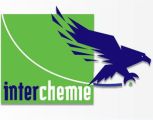Intermectin duo paste 7.74 g
Ivermectin & Praziquantel paste
Storage
Disposable polypropylene applicator (syringe). Each syringe contains 7.74 g of a paste containing 120 mg of ivermectin (15.5 mg / g) and 600 mg of praziquantel (77.5 mg / g).
Indication
Intended for the treatment of mixed cestode-nematode and arthropod invasions in horses, namely:
- adult tapeworms: Anoplocephala perfoliate.
- large strongylids: Strongylus vulgaris (adults and larvae in the arterial stage), S. edentatus (adults and larvae in the tissue stage), S. equinus (adults), Triodontophorus spp. (adults) and Craterostomum acuticaudatum (adults).
- adults and immature larvae (intraluminal larvae of the fourth stage) of small strongylids or cyatostom, including strains resistant to benzimidazoles: Coronocyclus, Cyathostomum, Cylicocyclus, Cylicodontophorus, Cylicostephanus, Parapoteriostomom.
- adult hairy individuals: Trichostrongylus axei.
- adults and immature larvae (larvae of the fourth stage) pinworms: Oxyuris equi.
- adults, larvae of the third and fourth stages of nematodes (roundworm): Parascaris equorum.
- microfilariae of cervical nematodes: Onchocerca spp.
- adult intestinal nematels: Strongyloides westeri.
- gastric worms: Habronema muscae.
- oral and gastric stages of larvae of the gnat: Gasterophilus.
- adults and underdeveloped larvae (inhibited larvae of the fourth stage) dictyocaudus: Dictyocaulus arnfieldi.



